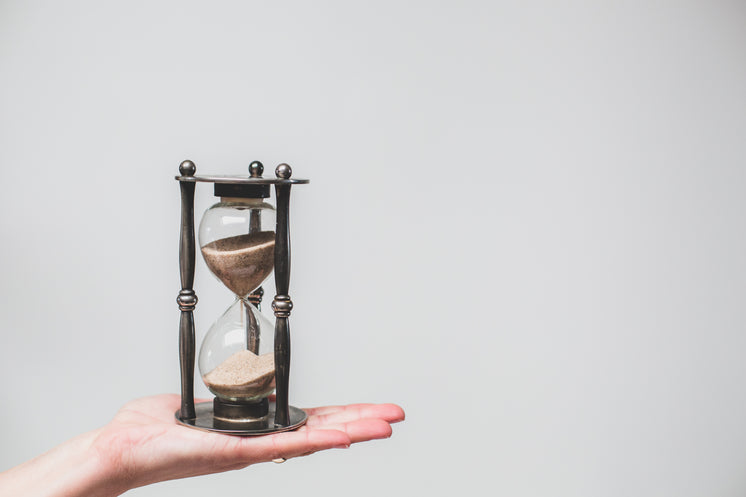Notice: Trying to access array offset on value of type null in /srv/pobeda.altspu.ru/wp-content/plugins/wp-recall/functions/frontend.php on line 698
Majority of individuals are aware that performing some kind of exercise is helpful, not only for losing unwanted body fat, but also for enhancing overall wellness. However, many are unaware of certain factors that can substantially improve the fat loss ability while executing workouts as well as during recovery (rest). Four of the most vital elements to think about are: time interval from last meal, type of pre exercise meal, intensity of aerobic exercise as well as type of exercise (cardiovascular versus resistance training).
Time Interval from Last Meal to Exercise Performance
Time Interval from Last Meal to Exercise Performance
Just how long should somebody wait before performing exercising in order to maximize the level of fat burned during training and while resting? You will find a selection of studies that address it very question and have found that fat alpilean weight loss, via Urbanhealthethiopia, is greater when physical exercise is carried out after an overnight fast or in the early morning prior to having breakfast.
One such study (1) looked at eleven overweight as well as untrained males with a 4 month course of doing aerobic exercise performed after both an overnight quick or 3-hours after consuming a standard meal. The authors noted the total amount of extra fat used during exercise was substantially better following an overnight fast than after 3-hours post-meal. In addition they found that fat burning was even more during the healing (resting) level in the fasting group. To summarize, the volume of fat burned during exercise and while resting was more pronounced when exercising was performed after an overnight fast as opposed to 3 hours after eating a meal.
Nonetheless, what if you can’t exercise first thing in the morning due to time restraints, and also working out later in the evening or perhaps evening is more simple — what are your choices? The timing of your last meal is still vitally important as to the amount of fat burned during the exercise session of yours. Researches (2) studied the consequences of physical exercise on fat burning in eight overweight and ladies which are obese in two trials of exercise: one performed 1 hour after a meal as well as the other person performed 3-hours after the consuming exactly the same meal. The volume of extra fat burned was greater during training and during rest in the 3 hour post meal group.
Bottom Line: If the goal of yours is losing excess fat, then the longer you hold out after ingesting a meal the more body fat you are going to burn not merely during training, but afterwards while resting.
Bottom part Line:
Pre-exercise Meal
Pre-exercise Meal
Everything you eat prior to performing physical fitness is also very important about the level of unwanted fat burned during training and afterwards during restoration. Individuals who consume carbs before exercising, particularly by yourself, in large amounts or full of glycemic rating, inhibit their ability to burn body fat during training and afterwards at rest. Eight healthful sedentary ladies have been given either a high-glycemic or low-glycemic breakfast 3-hours before walking for 60-minutes(3). Every one of the food had the same amounts of carbohydrate, protein, total calories and fat, but differed in glycemic index rating and full fibre: the low-glycemic index meal was much higher in fiber. The researches noted the amount of extra fat burned during exercise was doubly much once the low-glycemic food than the high glycemic meal both consumed 3-hours before exercising. The amount of extra fat burned during post exercise sleeping was also higher in the low-glycemic index group.
Bottom part Line:
Intensity of Exercise
Bottom part Line:
Type of Exercise (aerobic versus resistance training)
Outsole Line: